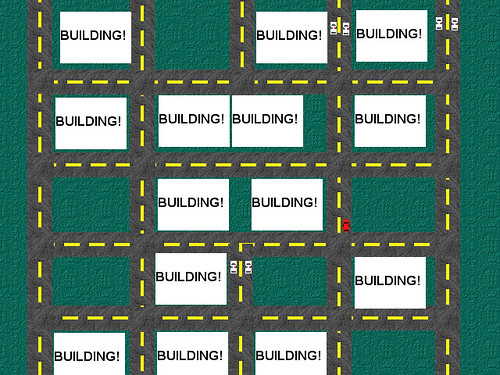So with all of the excitement about Google’s new web browser, someone decided to actually read the EULA and determined that it sucks:
11.1 You retain copyright and any other rights you already hold in Content which you submit, post or display on or through, the Services. By submitting, posting or displaying the content you give Google a perpetual, irrevocable, worldwide, royalty-free, and non-exclusive license to reproduce, adapt, modify, translate, publish, publicly perform, publicly display and distribute any Content which you submit, post or display on or through, the Services. This license is for the sole purpose of enabling Google to display, distribute and promote the Services and may be revoked for certain Services as defined in the Additional Terms of those Services.
So by agreeing to the EULA and using Chrome, you are saying that while you still own the copyright of anything you create, such as a blog post or a file you wish to upload, you are also granting Google a license to those works.
If you use Chrome to upload your latest game build to a server, Google now has the right to redistribute it at no cost. Yes, you still have your rights, but then Google essentially claims those rights as well at no charge.
Is Google serious? The sad thing is, yes, Chrome is probably much faster and much more secure than other browsers, but if most people can’t agree to such terms, such as people at work, at school, and in certain professions, then what good is it? Why does Google need all of these rights? When they do finally make Gnu/Linux port, count me out. I’ll wait for a non-evil version, whether by Google or by someone else. For now, I’ll stick with Firefox. Last I checked, Mozilla doesn’t insist that it needs to mooch off of my business in order for me to use it.
[tags] google chrome, eula, business [/tags]


